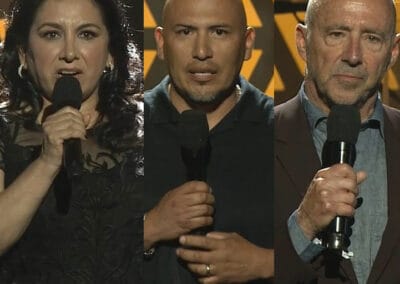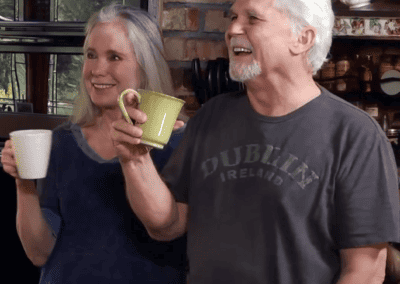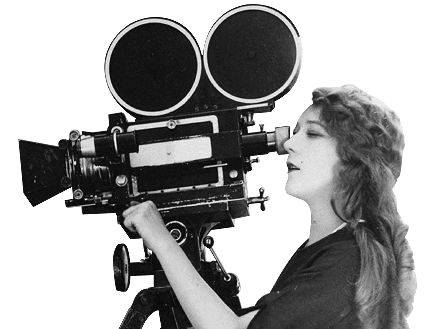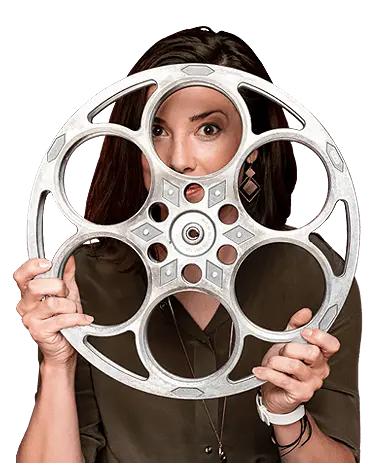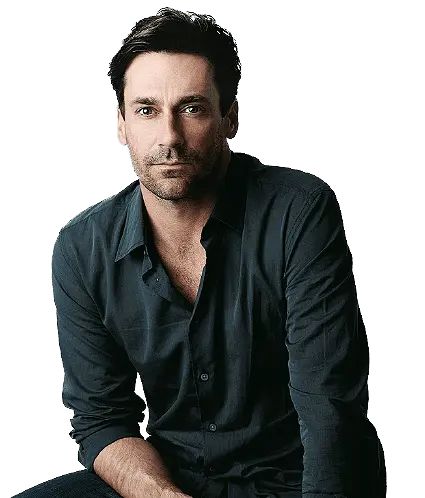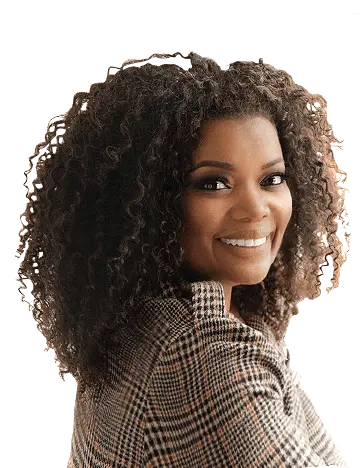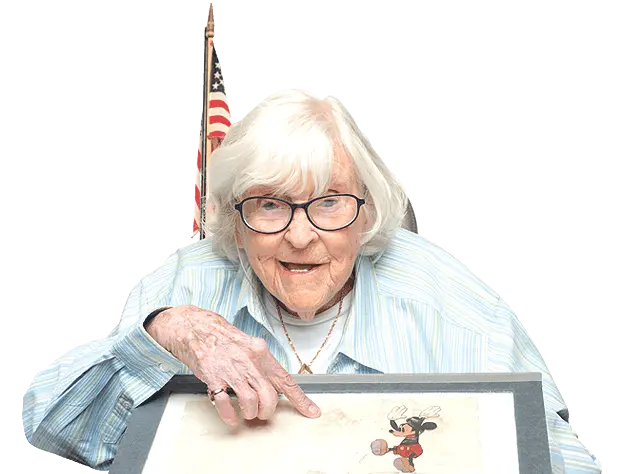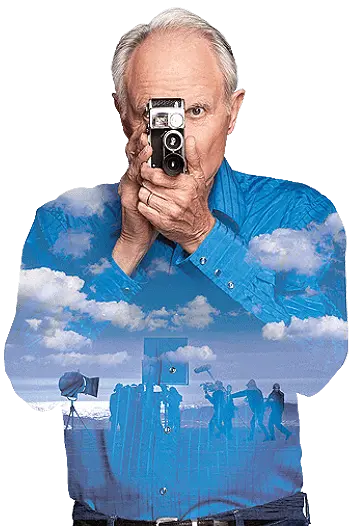We’d like you to meet two people instrumental to our outpatient Palliative Care program: Anne Front, LMFT, APHSW‑C, a Palliative Care social worker, and Rabbi Arthur Rosenberg, Palliative Care Chaplain. This program is designed to help address major life-changing situations ranging from serious illness diagnoses to end of life care, pulling together the resources necessary to help with anything from medical needs to 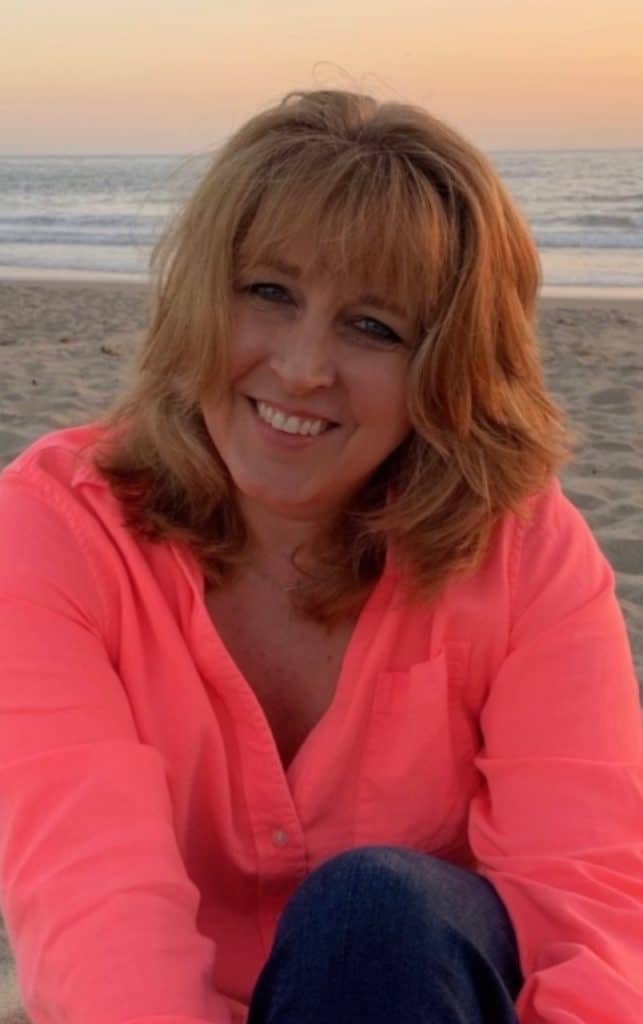
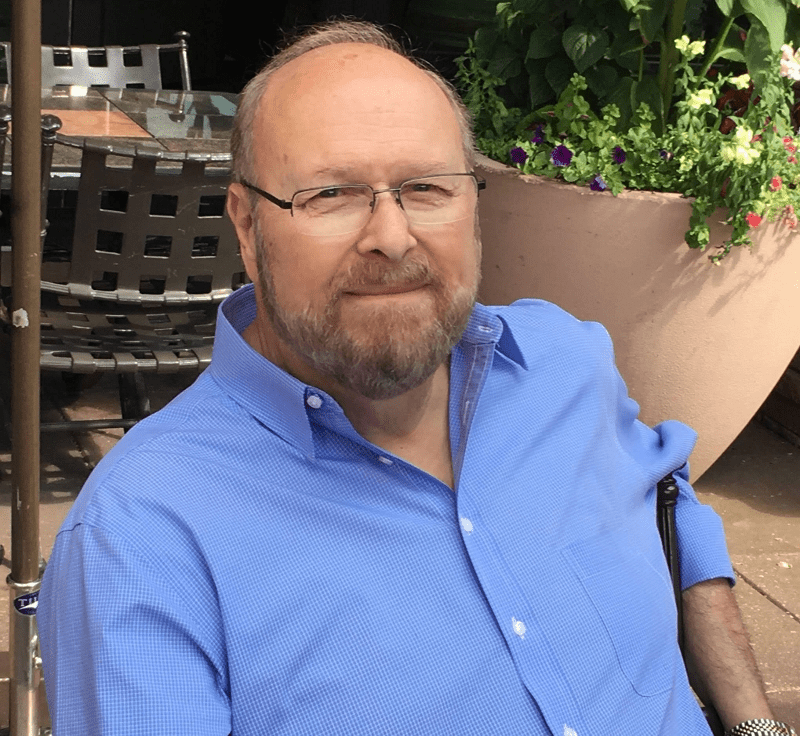
Rosenberg joined the program at our hospital in 2005, soon after its inception the prior year. For the past four years he’s been working in tandem with social work on a daily basis here. He also heads the Rabbi Arthur Rosenberg Fund for Palliative Care supporting those who need financial help with caregiving among other needs including Urban Zen and Ride 24. Front, who came to us four years ago after working in palliative care at a hospital, explains, “We have a caseload of about 160 active patients, and so we have two parts to our program. One is our regular clinic where the whole team meets together: a doctor, the chaplain, the social worker, and the nurse. We meet with the patients for a half hour to an hour to do full interdisciplinary care. And when we don’t do clinic days, we’re doing follow ups where the nurse, chaplain, Arthur, and I call patients and have meetings to discuss advance health care planning, emotional issues, spiritual issues, practical needs, and following up with education or concerns.” Adds Rosenberg, “We acknowledge that the patient is not only the patient. We’re also speaking and supporting family members; that’s the entire patient.”
A very unique kind of care, this program has trained specialists who can address advance care directives, family communication, and the patient’s emotional, spiritual, and physical well-being. The onset of the pandemic made things even more complex because, as Front notes, “there’s a tremendous amount of loss. Some of our patients have had loss of family members, or family members haven’t been able to see the patients. We had one patient that was in a nursing facility, and the 90-year-old wife was actually climbing a ladder to look inside the window to see her husband.” Rosenberg further explains, “The health care system has just been stretched, stretched, stretched. We’re used to talking about the heroes in health care, the doctors and nurses, and that’s very true, but let’s not forget about the families and the patients that they haven’t been able to deal with.”
“Something that the chaplain, Arthur, and the social worker deal with is that the physical pain is really magnified by spiritual, existential and emotional distress,” Front concludes. “When patients come to Arthur and me, we’re really trying to help just provide that support. We want to reduce anxiety, help with depression, and help with questions like ‘How do I make sense of this? What’s my place in the world?’ If we can help with those things, we find that the pain and the other discomfort symptoms are reduced because they’re having an outlet and their mind-body connection is is really present.”
That also extends to the caregiver and bereavement support groups our Palliative Care program provides, and Rosenberg feels the one at MPTF is distinctive because “we’re one of the very few that have all four pillars of palliative care, according to the Center for Advancement of Palliative Care. We have a doctor, a physician, a chaplain, a social worker, and a nurse. There’s a huge minority in this country of teams that have all four of them. And I personally feel incredibly blessed to work with Anne as my my partner, Linda Healy as our director, Dr. Karlan is our physician, and Angela as our nurse. We complete the human connection between ourselves, our patients and our families. MPTF is a blessed place to work.”

